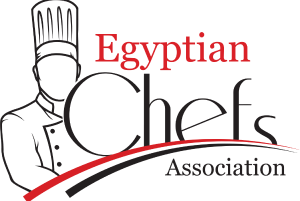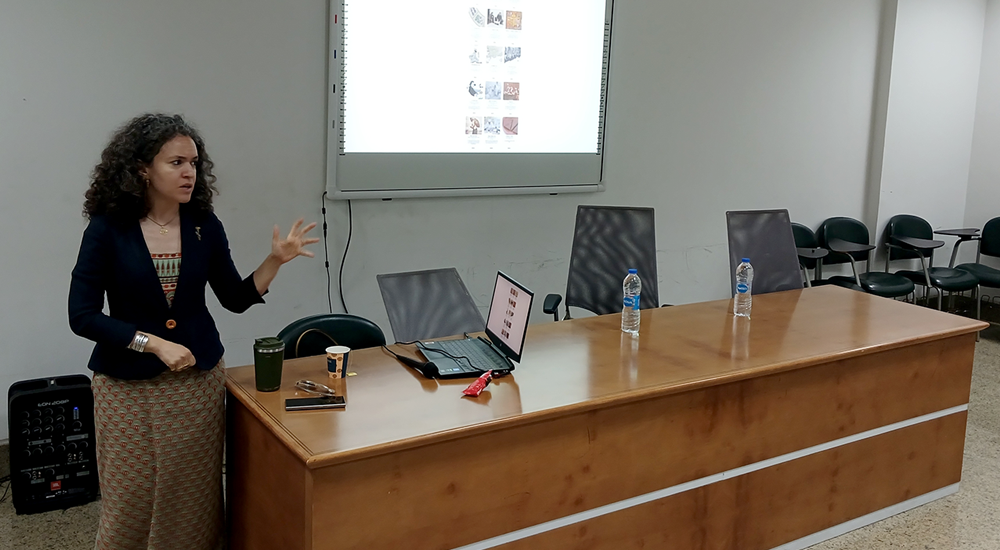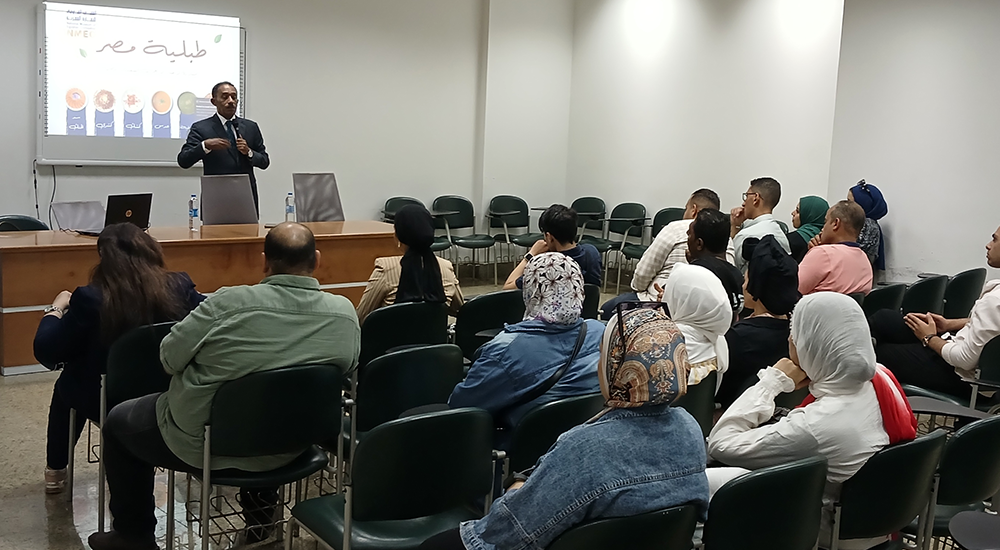

ECA Training Coverage

The Egyptian Chefs Association, in collaboration with the National Museum of Egyptian Civilization, embarked on a flavorful journey back in time with a captivating lecture on the History of Egyptian Food held on Saturday, May 18.
The event commenced at 10:30 a.m. with an introductory lecture delivered by the Executive Vice President of the National Museum of Egyptian Civilization. He provided an insightful overview of the museum’s origins, emphasizing its evolution from a traditional repository of antiquities to a dynamic cultural and civilizational hub. He highlighted that Egypt’s first museum was established in 1835 during the reign of Muhammad Ali Pasha, with Rifa’a al-Tahtawi overseeing its operations. Today, the National Museum of Egyptian Civilization stands as a prominent scientific and cultural institution, showcasing 6,000 artifacts across three halls, with plans to expand to nine exhibition halls to display its vast collection of 60,000 artifacts.

The Vice President also introduced the “Egyptian Tablyia” initiative, which the museum is hosting. Launched two years ago, this initiative aims to revive traditional Egyptian dishes and document them through UNESCO. In its second season, the initiative focuses on sustainability, reducing waste in Egyptian cuisine, and addressing climate change through Egypt’s agricultural practices.
Following this introduction, Dr. Mennat-Allah El Dorry, a distinguished researcher in the history of Egyptian cuisine, led attendees on a fascinating exploration of ancient Egyptian food and foodways spanning over thousands of years.
In her lecture, Dr. El Dorry discussed the history of Egyptian food, revealing insights from antiquities about ancient commercial relationships, religious practices, celebrations, and kitchen setups. She shared findings from excavations, including remains of bread, cooking tools & vessels, and archaeobotanical plants, all illustrated with images in her presentation.
She highlighted the discovery of archaeological texts such as shopping lists and letters requesting wheat, noting that agriculture in Egypt began 7,000 years ago. Dr. El Dorry also described the offerings that included fruits, and provided evidence that pyramid builders consumed fish and trotters. Tomb paintings depicted the stages of wine making, and she explained that ancient Egyptians ate fish, pig, duck, and goose meat, (the ancient Egyptians did not know chicken). For fruits, they found images and remains of pomegranates, buckthorn (Nabaq), and doum, and for beverages, they consumed beer and wine.
She further discussed the Ptolemaic period’s contributions, such as the introduction of olive oil production and new food items like chicken, nuts, and citrus fruits.
Following the enlightening lecture, participants had the privilege to immerse themselves in the cultural treasures of the National Museum of Egyptian Civilization through a guided visit, further enriching their understanding of Egypt’s ancient civilization.
Through the collaborative efforts of the Egyptian Chefs Association and the National Museum of Egyptian Civilization, attendees were transported back in time to savor the flavors of ancient Egypt. Dr. Mennat-Allah El Dorry’s insightful lecture provided a glimpse into the culinary delights of a bygone era, reaffirming the importance of preserving and celebrating Egypt’s rich culinary heritage.
In this regard, the Egyptian Chefs Association would like to thank Dr. Mennat-Allah El Dorry for her efforts in organizing this wonderful enlightening event.